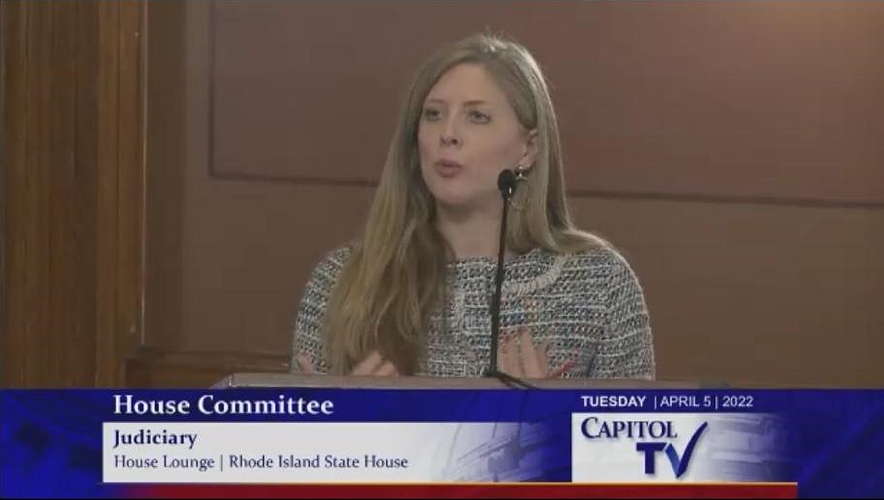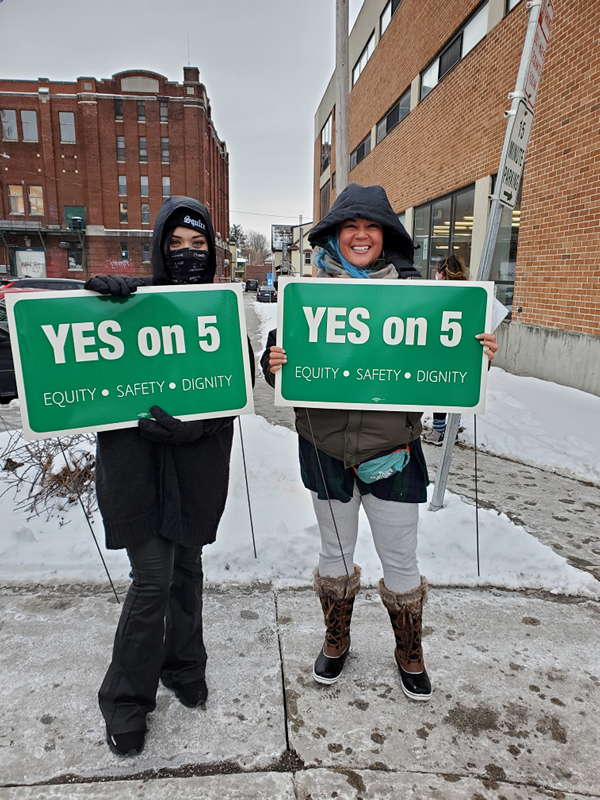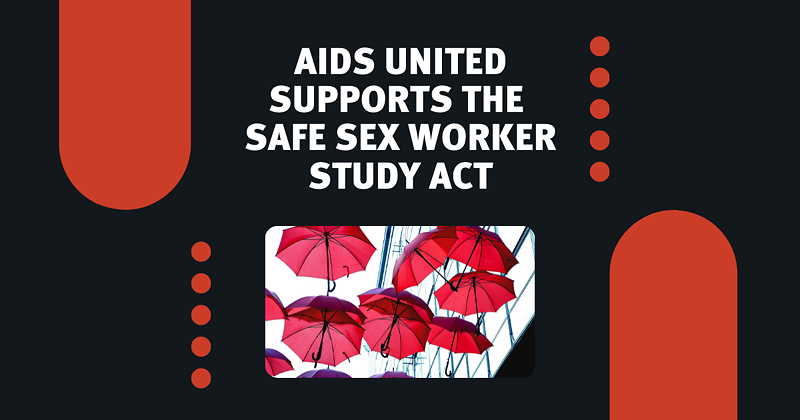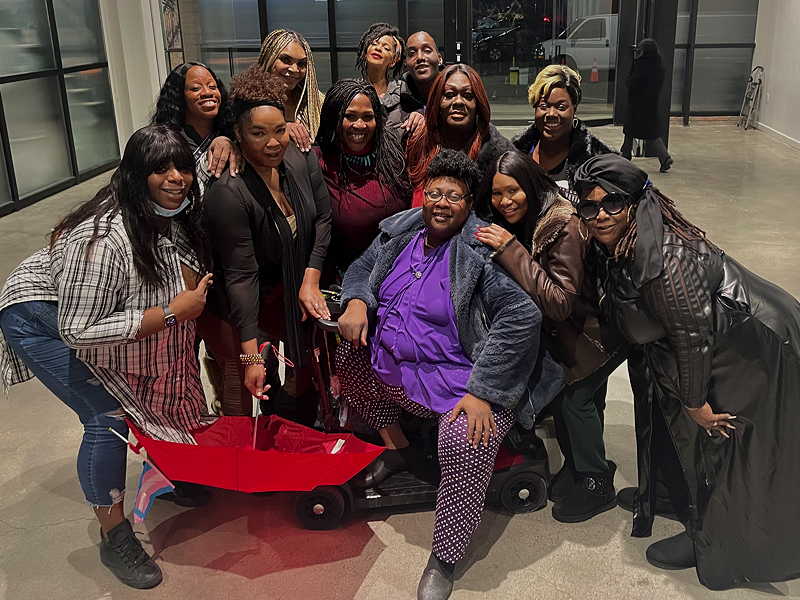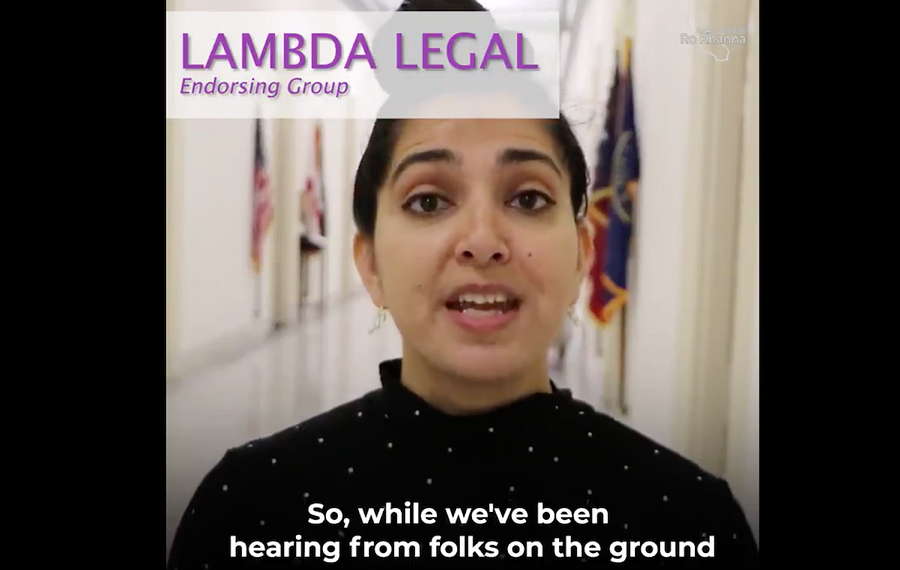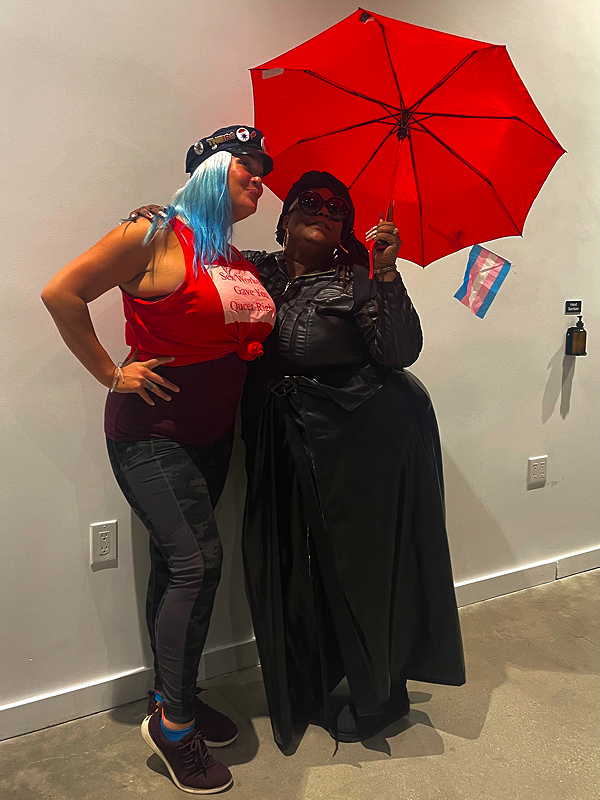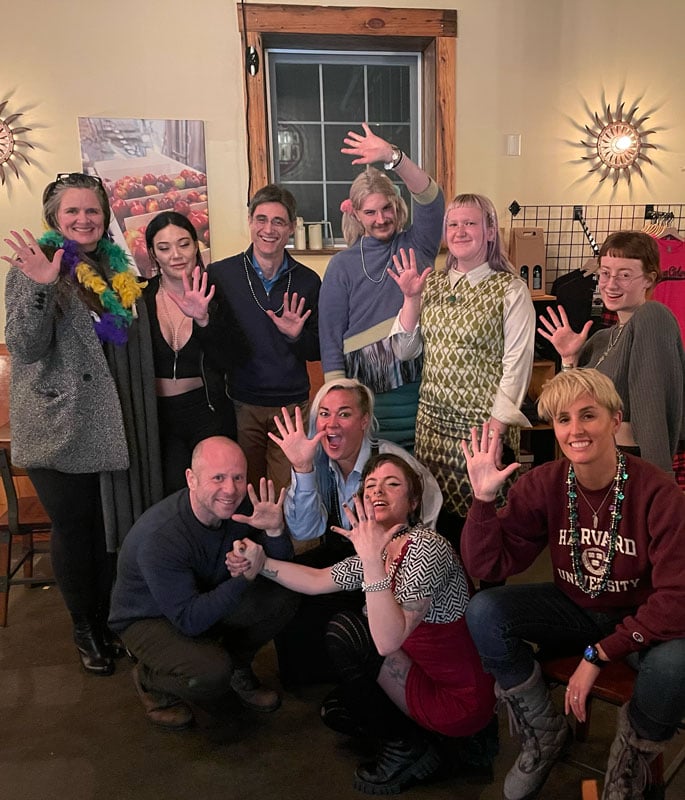April 20, 2022
The Safe Reporting Assaults Suffered by Sex Workers Act, HB22-1288, allows sex workers to come forward to report a crime, access medical or emergency services, or both, if they are in need or witness another in need of assistance, without fear of arrest for prostitution.
The bill’s lead sponsor, Rep. Brianna Tetote (D), was prompted to pursue and introduce the legislation after learning that her friend, Pasha Eve, had suffered a brutal attack while engaging in sex work. Sex work is not inherently dangerous, but predators leverage the fact that sex workers will often forego reporting crimes for fear of arrest. As Eve recounted to Westword, “He told me, ‘Who are you going to tell? What are you going to do? Because if you call the police, you’ll be arrested.’ He wasn’t wrong. The system is set up so that sex workers are easy prey for predators, and even for human traffickers, who use the crime of sex work as a reason their victims can’t get away. They’ll say, ‘Go to the police and you’ll be arrested,’ and a lot of times, they’re right. It’s not okay that traffickers and abusers are able to use the judicial system against sex workers — and that’s what I told the committee. This is a common-sense bill that says if you’re assaulted, you should be able to go to the police without fear of being arrested yourself.”
The Safe Reporting Assaults Suffered by Sex Workers Act has moved through the CO Legislature at lightning speed. Introduced on March 9, 2022, and unanimously approved by both the House and Senate, it was sent to the Governor’s desk on April 20, 2022. Garnering unanimous, bi-partisan support on almost any issue is rare these days. The overwhelming support for the bill highlights how critical it is to allow sex workers and survivors of human trafficking, who are often arrested even when being exploited, to come forward to seek medical attention and justice. The bill will not only allow for access and equitable treatment in the criminal justice system, it is also good public health policy.
Barring a veto by the Governor, Colorado will become the seventh state to enact this type of legislation, allowing sex workers and surivors of human trafficking to access critical support, should they so choose. Referred to as “Immunity” or “Good Samaritan” laws, these bills are an important incremental step to improving public health and safety on the path to decriminalization of consensual adult work. Utah, Montana, California, Oregon, New Hampshire, and Vermont have all passed this vital legislation. Bills allowing sex workers to seek medical care and to report crimes committed against them or others without fear of arrest, were also introduced in New York, Rhode Island, Nebraska, Hawaii, and Tennessee this year. Unfortunately, these bills have yet to advance in any of these states.
Until each state passes a law similar to Colorado’s, and ultimately, until consensual adult sex work is decriminalized, predators will continue to harm sex workers and survivors of human trafficking with impunity. These laws allow sex workers and trafficked people to safely report crimes and seek medical care without the fear that they themselves will be criminalized and subject to arrest and incarceration. Additionally, they equip law enforcement entities with an increased ability to identify, investigate, and convict perpetrators of violence and trafficking. DSW will continue to advocate for this common sense life-saving measure.
To read more about “Good Samaritan” laws related to sex work and human trafficking, visit our comprehensive fact sheet here.

Rep. Brianna Titone (Courtesy of Brianna Titone)
DSW Newsletter #35 (April 2022)
DSW Testified on Important Sex Work Bills in RI
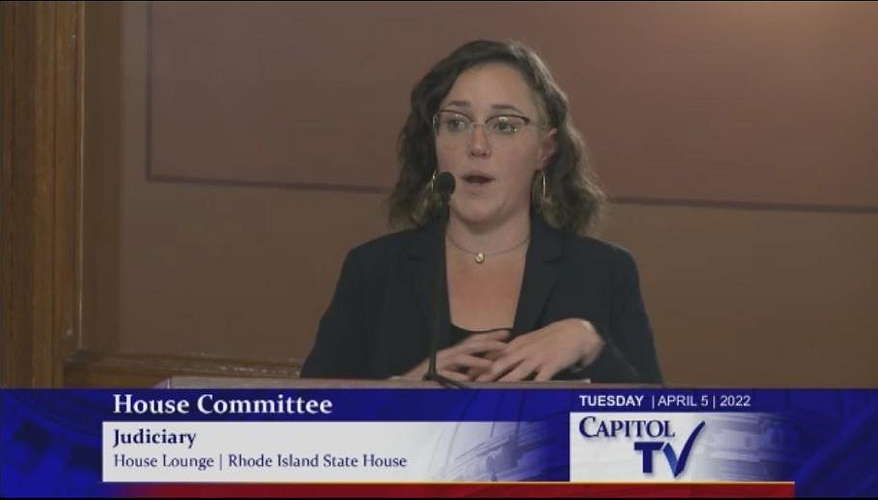
CO Quickly Advances the Safe Reporting Assaults Suffered by Sex Workers Act

DSW Report Finds Strong Racial and Gender Biases in Prostitution and Trafficking Enforcement

Oregon Sex Workers Committee’s Human Rights Commission
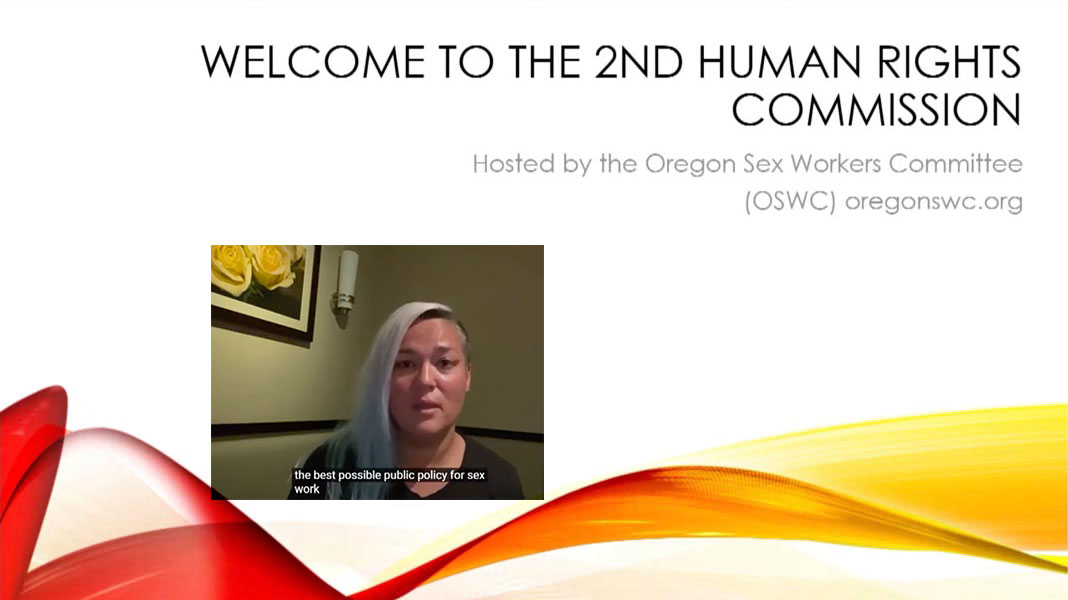
STI Awareness Month

Save the Dates


